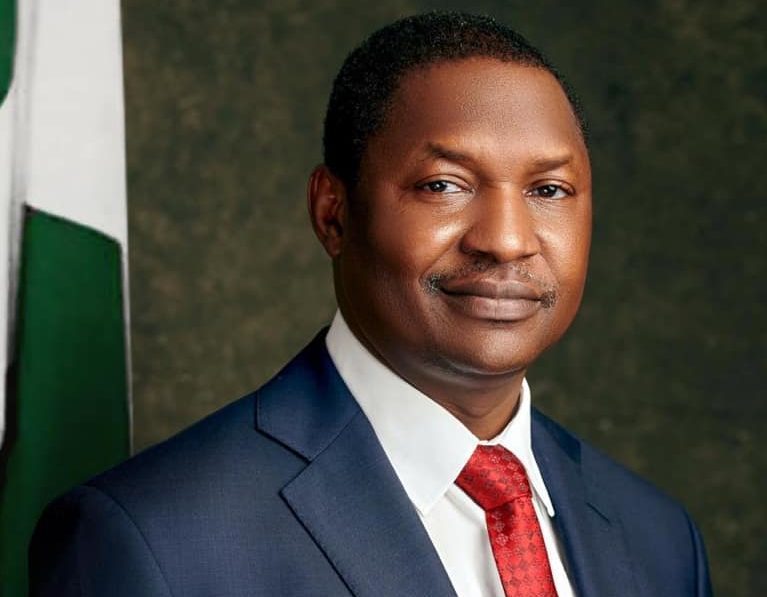Abubakar Malami has to be one of the most controversial Ministers of Justice Nigeria has had since the beginning of the current democratic dispensation, judging by the degree of criticisms, accusations and counter-accusations he endured as the country’s Attorney General. Appointed in 2015, he was one of the longest-serving ministers in President Muhammadu Buhari’s administration. Buhari and his administration will vacate Aso Villa on Monday, May 29, while President-elect, Bola Tinubu will be sworn in as President, and he will form a new government.
Orodata takes a retrospective look at the Ministry of Justice under Mr Abubakar Malami since 2015. At the beginning of the Buhari Administration, Malami embarked on a mission to reform the Nigerian judicial system, with promises to address such issues as delay in the dispensation of justice, unequal access to justice, pervasion of justice, and lack of progress in trials of corruption cases. The promise turned out to be mere lip service as none of these issues was addressed in his eight years superintending over the government’s judicial policy.
Some of his misdoings while in office include unresolved cases of corruption. The ministry failed to conclude the prosecution of vital cases, even though Buhari drove to power on the mantra of anti-corruption. For instance, the probe of an alleged loss of over $2.4 billion in revenue from the illegal sale of 48 Million Barrels of Crude Oil Export in 2015, including crude oil exports and sales by Nigeria from 2014 to date. Malami pledged on the House of Representatives floor that he would get to the root of the matter, but it ended up being swept into the drain of failed promises.
While Malami failed in prosecuting high-profile cases for the federal government; he was also embroiled in corruption allegations. The Senate public accounts committee indicted Malami’s Ministry of Justice for awarding a sum of N10.4 billion earmarked as judgement debts without due process.
The committee chaired by Senator Mathew Uhroghide from Edo South, discovered that the amount which was accrued as judgement debts between 2017 and 2018 was disbursed without constituting a committee to that effect. This was said to be illegal.
Under Malami as Minister of Justice, the judiciary suffered enormous injuries. Buhari trampled on the rule of law with reckless impunity; court judgements were disregarded; and most pestilential, judges were subjected to harassment and intimidation. While officers of the Department of State Services (DSS) battered and arrested some judges for no plausible reason, officials of the Economic and Financial Crimes Commission, also invaded houses of judges without following due process. All of these happened under Malami’s watch as Attorney General.

